Picture this: A city with such poor air quality that breathing is a struggle. A city with a relentless summer, with heat that makes you giddy if you step out of your house or car even for a few minutes. A city with gated communities where entry is prohibited unless someone from the other side vouches for you. Sounds familiar?
We encourage you to buy books from a local bookstore. If that is not possible, please use the links on the page and support us. Thank you.
You know this city. Not one. Several such cities. It could be Mumbai or Beijing or Delhi. And it is this familiarity, the sense of proximity that makes Leila, written by Prayaag Akbar and set in a future that looks very much like our reality, a powerful book.
Tales of many a maiden
In this anthropological dystopia, Prayaag Akbar builds on what we know, as Atwood has done with The Handmaid’s Tale, and creates an exaggerated reality with that material, but one that touches and pushes boundaries but never crosses them.
And at the heart of this dystopia is the story of a mother in search of her daughter.
The novel begins with Shalini, and her husband, lighting candles for their daughter Leila’s birthday. It doesn’t take the reader long to figure out that Rizwan is no longer present in flesh. Is he dead? Maybe. We do not know, and neither does Shalini. The same is true for Leila. She lost her daughter sixteen years ago and has no idea where she is.
As the book progresses, we realise that Shalini did not “lose” Leila. Leila was taken away from her because they lived in a society which demanded certain rules and regulations be followed. And Shalini refused to follow those. Losing Leila and her husband is her punishment. Alone, she now lives in a purity camp – a place for fallen women like her.
Women who lived dangerously, who did not follow the rules and were brought here by the repeaters – the moral police who decide what is acceptable and what is not. They are treated there by a Dr. Iyer and then get to serve the society through menial jobs.
Shalini too works as a peon in one of the government offices. Other women who inhabit the place are here for different, yet similar, reasons. Prarthna because she married another girl; Sonam who fell in love with a boy from the same gotra, Vasanthi because she wanted to marry a Dalit boy, Sana who started a campaign against the practice of khatna and gave herself up to the repeaters to save her family.
While the men in most of these cases were also punished (Riz is missing and is probably dead; Vasanthi’s lover was hacked to death, and another girl’s lover was made to drink poison), there is no purity camp for them. This is a book that deals predominantly with women characters.
The world of Shalini and these women is one of abject pain and restrictions. It is a world of walls. These walls divide society. They keep a section of people segregated from each other so that purity can be maintained.
The concept of purity and extremism in society is not limited to a particular religion or ideology. Every religion, sect, belief and ideology is dominated by this form of extremism and the exploitation that comes with it. This saves Leila from being a rant against any one sect/ideology and gives it a wider scope and purpose.
Looking back
As the novel moves between the past and present, one sees glimpses of when these walls first started showing up, including her marriage to Rizwan which was fraught with difficulties. Under the guise of protection, society is being dominated, run by fear, and pushed to two extremes on the class scale. The rich breathe purified air,the poor bear the burden of their poverty.
The class divide is sharply visible in the story, particularly in the reversed fortunes of Shalini and her maid. The roles might have been reversed, but the story of domination remains the same. As she navigates this world, reminiscing her past, Shalini has just one goal – to meet Leila. To meet that goal, she is ready to do anything. It is this journey, punctuated by the past which tells us how Shalini reached where she is today, that makes this novel.
When the book talks, you listen
Leila will speak to you on many levels. It is a dystopian novel, a social commentary, a mother’s story and a tale of caution. It is a tale of guilt, a mother’s and a friend’s. It is a story of grit, determination, rebellion and hope. The end doesn’t give a final answer but offers hope, or more hopelessness, depending on how the reader reads it. The story is narrated in first person throughout and the only voice we get to hear is Shalini’s. This makes one think how different the narrative would have been had it been written by one of the other characters in the novel.
Leila is also one of the few dystopian novels from India; a huge plus for readers who might be tired of seeing the U.S./Europe as the focus in dystopian narratives.
Reading Leila is refreshing not just because it is a contemporary dystopia but also because of its extensive range and implications. I only wish we had the perspective of other characters as well. That would have made the narrative more powerful and interesting.
Netflix is adapting the book into a series (which premiers on June 14, 2019) and if done right, it will make for powerful cinema. Although Netflix has already launched the trailer, it felt like a fun idea to share who I could visualise playing the various characters in the novel.
Shalini: Divya Dutta
Riz (Shalini’s Husband): Manav Kaul
Naz (Riz’s Brother): Jim Sarbh
Dr. Iyer: K K Menon
Sapna (Leila’s nanny) : Kalki Koechlin
Joshi: Nawazuddin Siddiqui
Dipanita: Ira Dubey
I would recommend that if you plan to watch the series, also read the book. If you do not plan to watch the series, read the book still.
Favourite Quote:
It was hotter that summer than it had been for a hundred years. Why do they tell us things like this? Trees sagged like broken men. Still no one followed the rules: the construction boom and the factories took the groundwater almost to zero. On TV they showed clips of wailing slum women, banging brass pots, dragging reporters by the wrist to the insides of the dark huts.
Further Reading:
- The Lord of the Flies by William Golding: A classic novel about the dystopia that we are capable of bringing unto ourselves
- Brave New World by Aldous Huxley: A novel which takes its readers into a futuristic world which is an example of dystopia created by science
- The Handmaid’s Tale by Margaret Atwood: Closer to our times and similar in tone and themes to Leila, this book continues to be extremely popular and relevant to this day. Also, watch the wonderful adaptation of the book








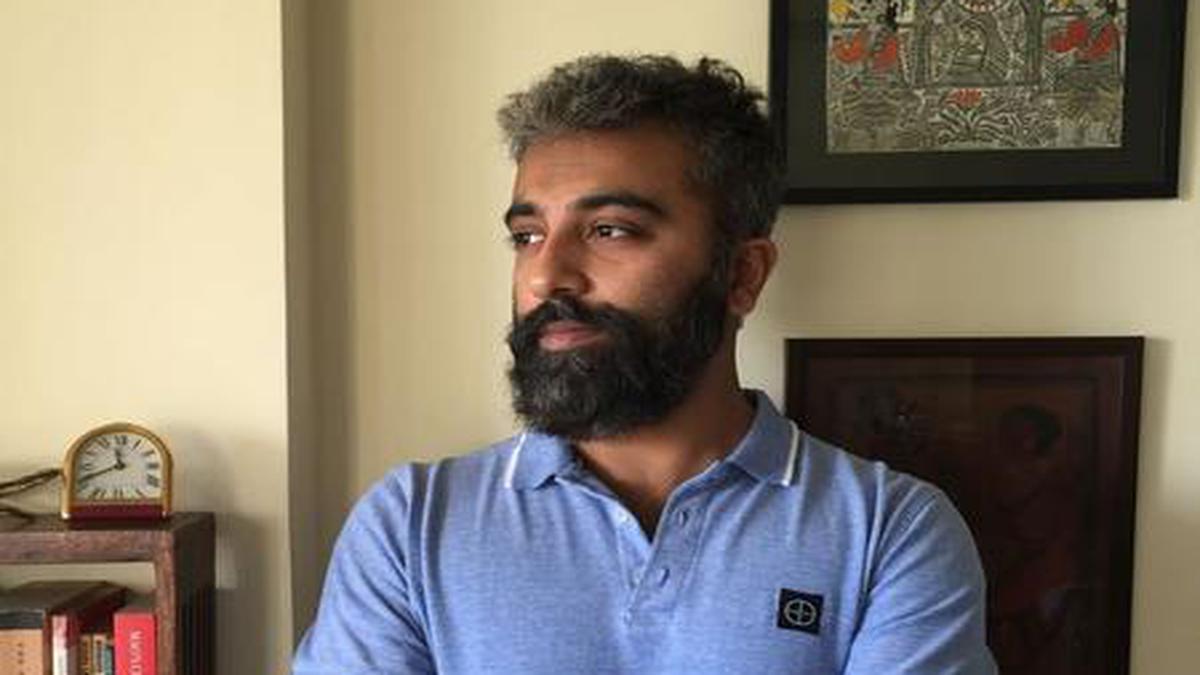

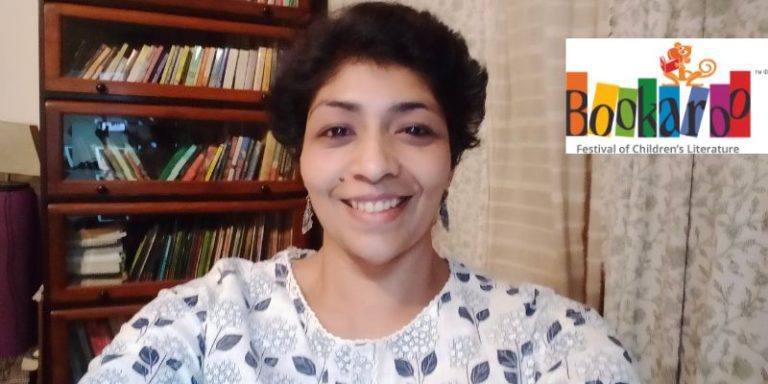

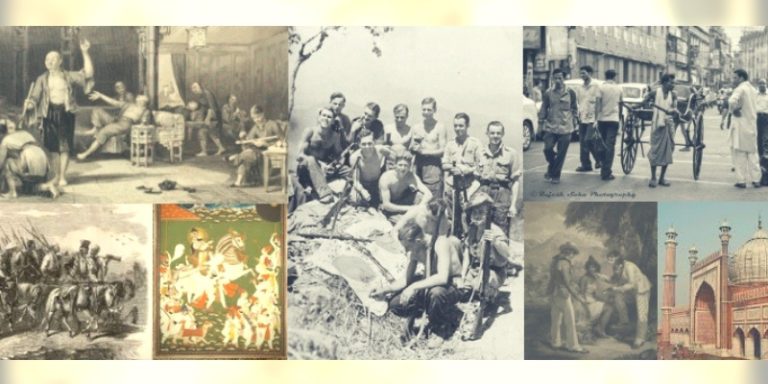



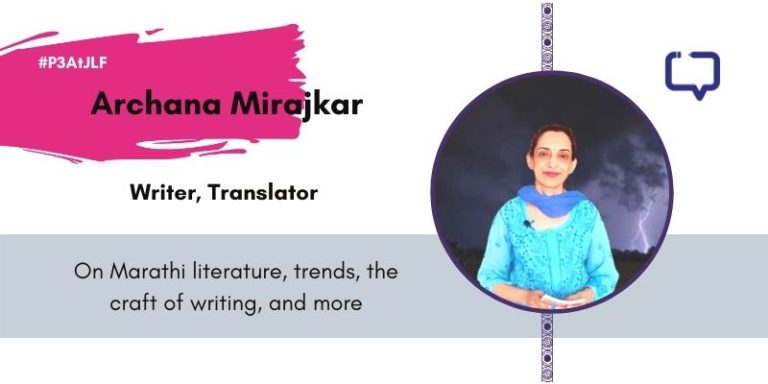


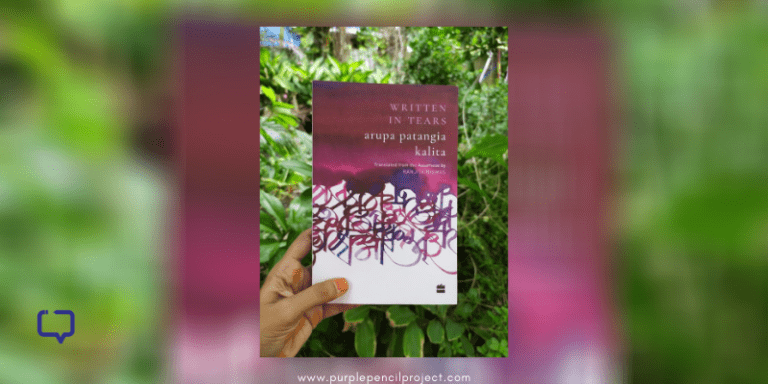
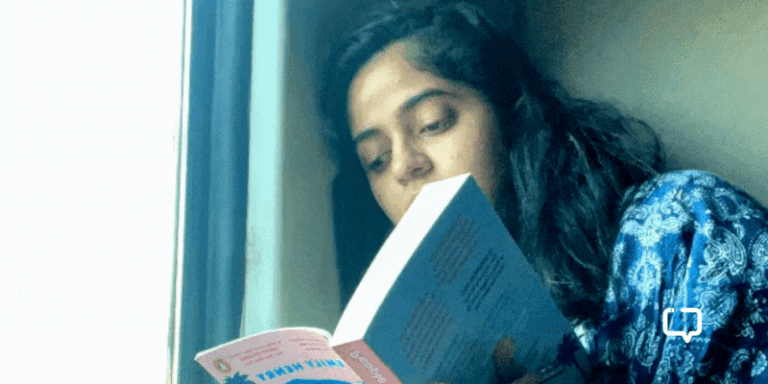

One Response
Reading your reviews is a treat of course!